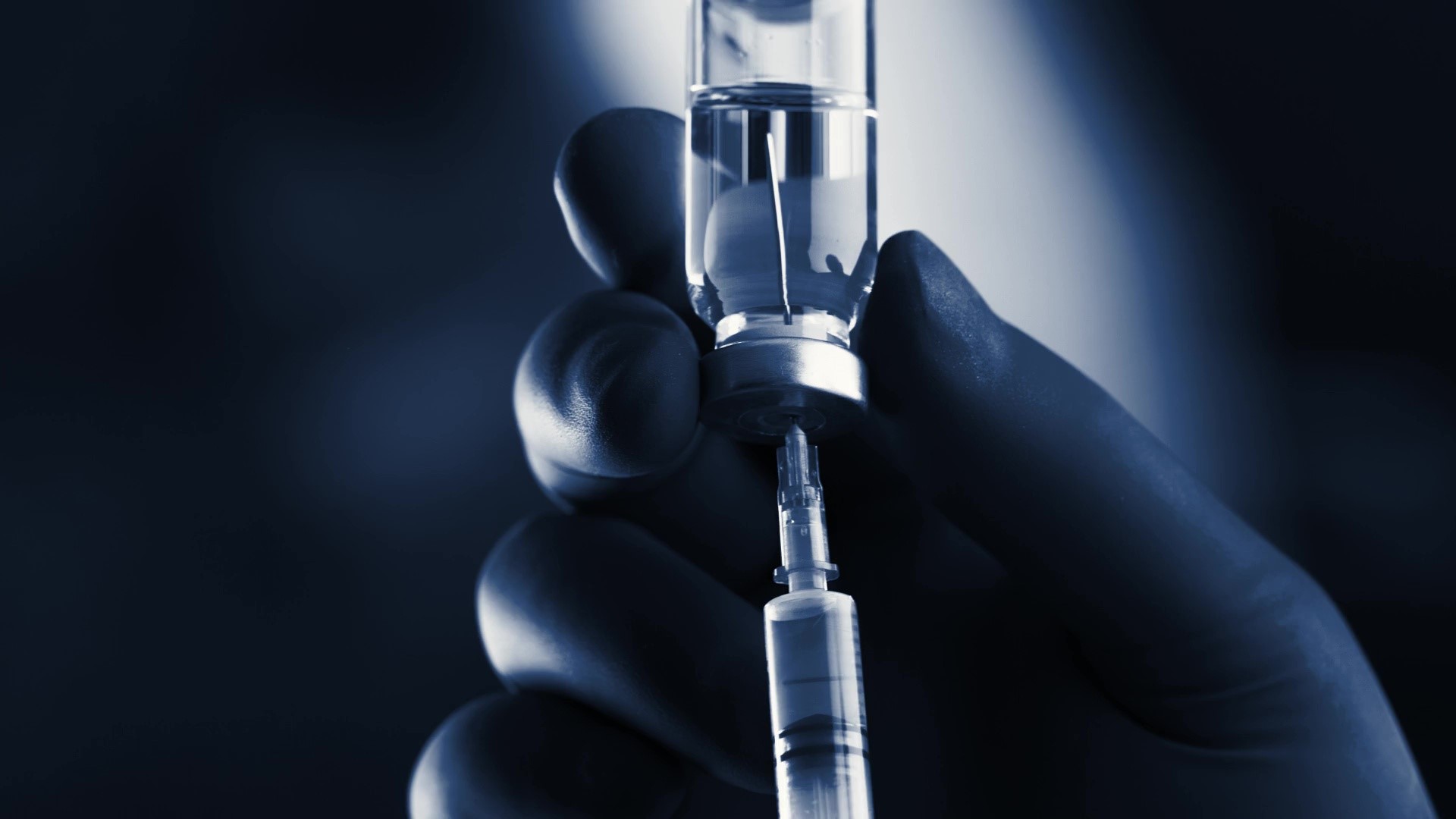DANVILLE, Pa. — COVID-19 vaccine boosters and additional vaccine doses are recommended by the Centers for Disease Control for certain people. But with several different options out there, it can be confusing to figure out what is best for you.
There are three COVID-19 vaccines approved in the United States: Pfizer and Moderna, which are two doses, and Johnson and Johnson, which is a single shot.
When it comes to the J&J vaccine, doctors now recommend you get an additional dose.
"If you did receive one dose of a Johnson and Johnson, we're recommending that you get that additional dose two months later, and this is for everyone," said Dr. Alison Brodginski, an infectious disease specialist at Geisinger.
Dr. Brodginski says when it comes to the Pfizer and Moderna vaccines, things are different.
People with severely compromised immune systems should get a third dose 28 days after their second dose. This recommendation is for people receiving cancer treatments or who are taking medications that may cause severe suppression of the immune system.
"The idea of this additional or third dose is to help bring that initial series, bring that immune response to where it should be."
Booster shots are given six months after the second vaccine.
"These are for individuals who are either 65 years of age or older, or perhaps 18 years of age or older, and perhaps you're in a high-risk area for work," Dr. Brodginski explained.
Moderna's booster shot is a half-dose, but Pfizer's booster is a full dose.
Dr. Brodginski says you can safely mix and match the vaccines, but it is best to check with your primary care physician to figure out what is best for you.
Watch more Healthwatch 16 stories on YouTube.

